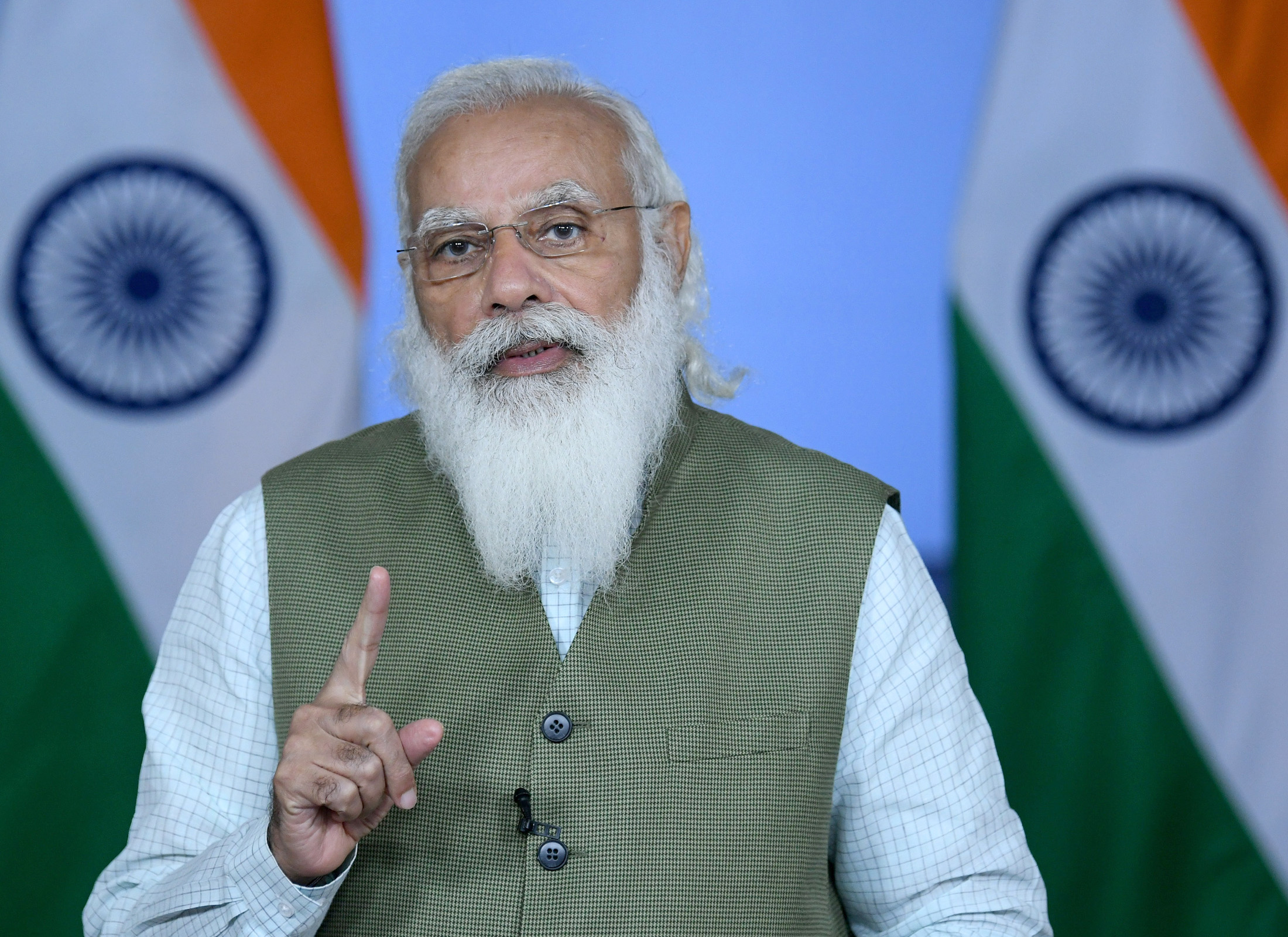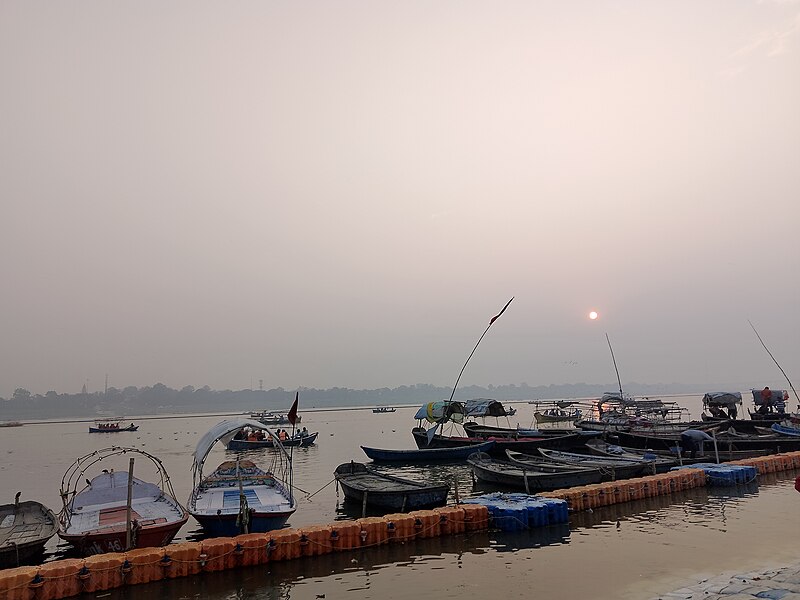Delhi High Court exposes Modi’s commitment to civil liberties at G-7
At the G-7 summit Narendra Modi championed the freedom of expression, but at home his government suppresses activists despite Delhi High Court’s order
Rajesh Dikshit | June 17, 2021 5:27 pm

Prime Minister Narendra Modi (PIB)
The Narendra Modi government seems to be suffering from the dissociative identity disorder, earlier called multiple personality disorder. Encyclopedia Britannica describes it as a condition in which “two or more independent and distinct personality systems develop in the same individual.” It was in full display in the last few days. At the G-7 summit the Prime Minister championed the “freedom of expression, both online and offline.” A few days later, however, his government averred in the Supreme Court that the arrests of the three activists who were granted bail by the Delhi High Court on June 15 were justified.
The Delhi HC had invalidated the year-long detention of three student activists by Delhi Police under the Unlawful Activities (Prevention) Act. The HC said, “It seems that in its anxiety to suppress dissent, in the mind of the State, the line between the constitutionally guaranteed right to protest and terrorist activity seems to be getting somewhat blurred. If this mindset gains traction, it would be a sad day for democracy.”
This was in consonance with Modi, participating in the G-7 meet through video-conference, said, “Democracy and freedom were a part of India’s civilizational ethos.” His government approved a joint statement by G-7 and guest countries on “open societies.” It said: “We are at a critical juncture, facing threats to freedom and democracy from rising authoritarianism, electoral interference, corruption, economic coercion, manipulation of information, including disinformation, online harms and cyber attacks, politically motivated internet shutdowns, human rights violations and abuses, terrorism and violent extremism.”
It was heartening to see that Modi endorsed the joint statement, especially as his regime has been accused of some of the threats it mentions. But at home, his government continues to do the things he denounces at the international forum.
If the government is under the impression that its hypocrisy on individual freedom and civil liberties is doing any good, it is mistaken. In this day and age, with the domestic and international media noticing everything, and the social media commenting on every development, it is almost impossible to suppress people and simultaneously champion the cause of democracy. Hypocrisy has its limits.
Consider this: Modi endorsed the statement which condemned “politically motivated internet shutdowns,” but his government was responsible for 70 per cent of such shutdowns all over the world last year.
The Modi regime seems to testing the limits of hypocrisy.






























